
Interested in Ayurvedic herbs but not sure where to start? Let us help you out! This article introduces five key Ayurvedic herbs, discusses their health benefits, and suggests easy ways you can incorporate them into your diet.
February 01, 2023 9:30 am February 01, 2023 4:24 amIntroduction to Ayurveda
Ayurveda is a traditional system of medicine that originated in India in approximately the 2nd century BC.(1) The term comes from two Sanskrit words: ayur, meaning life, and veda, meaning science or knowledge. We can therefore translate Ayurveda as the science or knowledge of life.
Among the central tenets of Ayurveda is that the universe and everything in it is composed of five elements: fire, water, earth, air, and space or aether. These combine together in different ratios to create three energy types, or doshas, namely vata, kapha and pitta.(2) Everyone has a unique blend of these doshas, which forms our prakriti, or constitution.
According to Ayurveda, doshas govern everything from our bodily functions to our personality traits. Any imbalance may manifest as mental or physical health problems. The aim of Ayurvedic medicine is therefore to preserve wellbeing by maintaining balance between mind, body, spirit and environment.
As a holistic system, the Ayurvedic approach uses a number of methods to promote wellness. These include food, yoga and other forms of exercise, meditation, massage, and herbal medicine. Ayurvedic herbs and spices therefore play a key role in how Ayurveda attempts to prevent and treat disease. Practitioners also believe they’re vital for maintaining our overall wellbeing.
All about Ayurvedic herbs
People have been using plants medicinally for thousands of years. When it comes to Ayurveda, scholars estimate that there are approximately 1200-1500 plants in its official pharmacopoeia.(3) From these, practitioners can prepare a range of potent Ayurvedic herbs and spices.
You can get Ayurvedic herbs singly, or as part of a polyherbal preparation that contains extracts from multiple plants. Similarly, there are a multitude of ways in which you’re able to use Ayurvedic herbs. The appropriate method will depend on both the herb in question and its intended purpose. For example, you might apply liquorice root topically to treat skin irritations but take it orally to treat digestive problems.
Practitioners believe that Ayurvedic herbs can provide us with a whole wealth of health benefits. These vary from reducing inflammation and boosting the immune system to helping us cope with stress. While further research needs to be done to clarify these claims, so far there have been some encouraging results. We’ll discuss a few of these in more detail below!
Yet with so many Ayurvedic herbs out there, it can be tricky to know where to start. You could search for those with specific benefits, like Ayurvedic herbs for hair growth or Ayurvedic herbs for weight loss. Alternatively, you might prefer to go for Ayurvedic herbs that support your overall health and wellbeing.
Either way, it’s best to choose Ayurvedic herbs with scientific evidence to back their claims of safety and efficacy. Here are our top suggestions.
5 Ayurvedic herbs you should have in your cupboard
These five Ayurvedic herbs all have health benefits that are backed by modern scientific research. They’re easy to source safely and reliably, and you can mix them with warm water for a traditional wellness-boosting drink. Alternatively, add them to one of our delicious Ayurvedic recipes!
1. Turmeric
You probably know turmeric as the vibrant yellow spice that brings flavour and colour to dishes like curry. However, it’s far more than mere seasoning. Turmeric offers numerous potential health benefits, hence its position among the most popular Ayurvedic herbs.
This is largely thanks to turmeric’s main active compound, curcumin. Research shows that curcumin has genuinely impressive anti-inflammatory properties. In fact, studies indicate that it could be as effective as, or even better than, some anti-inflammatory drugs.(4) Moreover, it doesn’t have the potential adverse side effects that pharmaceuticals often do. This means turmeric may help ease a range of conditions involving chronic inflammation, like arthritis and diabetes.
Curcumin could also have a protective effect on the cardiovascular system, for example by improving blood flow.(5) In addition, it has powerful antioxidant properties. Turmeric could therefore limit free radical damage to our cells, protecting us against chronic diseases and premature ageing. Curcumin may even have anti-cancer properties, helping to prevent and treat the condition.(6)
Interestingly, like several Ayurvedic herbs, curcumin could also offer psychological and cognitive benefits. For instance, studies suggest it could be an effective antidepressant.(7) Furthermore, curcumin might increase levels of brain-derived neurotrophic factor, low levels of which are associated with neurodegenerative conditions like Alzheimer’s.(8)
One caveat is that studies often use greater concentrations of curcumin than you typically find in store-bought turmeric root. That’s why we test for curcumin, to make sure that we source the very best quality turmeric. Our organic turmeric powder contains over 5% curcumin, which is considered high.
In addition, our bodies do not easily absorb curcumin. However, consuming turmeric with black pepper can increase the bioavailability of curcumin by up to 2000%.(9)
Here at Erbology, we love turmeric stirred into warm milk with a dash of black pepper, or sprinkled into curries and stews!
2. Ashwagandha
One of the most famous and powerful Ayurvedic herbs, people use ashwagandha for a wide range of health benefits.
First, practitioners class the plant as an adaptogen. This means that it could enable our bodies to better cope with stress. Research indicates that ashwagandha might lower levels of cortisol, which is a hormone we produce when we’re stressed.(10) Studies also suggest that it can help to reduce feelings of anxiety.(11)
Likewise, ashwagandha may improve the quality of our sleep – something which is crucial for our overall health.(12) Excitingly, evidence shows that ashwagandha could aid memory and cognition too, although further studies are required to clarify this.(13)
Turning to physical benefits, ashwagandha joins the ranks of Ayurvedic herbs that may reduce inflammation and boost the immune system.(14) It could also help to lower blood sugar levels, which is particularly advantageous for those with diabetes.(15)
Another interesting effect of ashwagandha is that it could improve your physical performance. Studies indicate it can have a positive impact on strength, cardiorespiratory fitness, and recovery.(16) This means that, out of all the Ayurvedic herbs, it’s an especially good choice for those who enjoy a workout!
So, what’s the best method for taking ashwagandha? You can have it the traditional way by simply stirring a teaspoon of organic ashwagandha powder into warm milk. However, for a tastier treat, we recommend making moon milk. Mix a teaspoon into warm milk, then add cinnamon and a sweetener such as raw honey or agave nectar. This will balance out the bitter, earthy taste of ashwagandha, to create a delicious and soothing bedtime drink.
Related reading
Ayurvedic herbs could provide a whole wealth of health benefits, from reducing inflammation and boosting the immune system to helping us cope with stress.
3. Tulsi
In Ayurveda, tulsi, or holy basil, is called the Queen of Herbs. That should give you a good idea of its standing among the Ayurvedic herbs!
Another adaptogen, tulsi can assist our bodies in dealing with both physical and mental stress. Although not yet studied widely, evidence suggests it could reduce the negative impact of a range of physiological stressors.(17) Moreover, it may also be effective at treating mood disorders such as anxiety and depression.(18)
Tulsi might additionally be able to boost our immune system. For example, one study found that it increased the levels of certain immune cells in the blood of healthy volunteers.(19) The herb’s anti-fungal, anti-viral, and anti-bacterial properties work to bolster this benefit.
Further research findings indicate that tulsi could also have positive impacts on blood sugar levels and blood pressure.(20) In addition, it may be useful for its anti-inflammatory effects. All of which implies that tulsi more than lives up to its royal nickname!
One of the most popular ways to gain the benefits of holy basil is by drinking tulsi tea. All you need to do is mix half a teaspoon of organic tulsi powder into a mug of hot water. To make it even more refreshing, try adding a squeeze of lemon juice, some ginger, and a dash of sweetener. This offsets the astringency that’s common in Ayurvedic herbs. And because it’s caffeine free, you can enjoy tulsi tea at any time of day.
4. Triphala
Unlike the other Ayurvedic herbs we’ve discussed so far, triphala is a polyherbal preparation. As the ‘tri’ in its name indicates, it’s made up of three medicinal fruits: amla, bibhitaki, and haritaki.
Each ingredient offers its own individual health benefits. For example, amla is one of the best Ayurvedic herbs for hair growth. And Ayurveda practitioners believe that when you combine them, they become even greater than the sum of their parts.
For starters, triphala has an impressively high level of antioxidants.(21) These help to protect us from the harmful impacts of oxidative stress. They could also explain why some studies have found triphala to have cancer-fighting properties.(22)
One of the most famous uses for triphala is as a treatment for digestive issues. As a natural laxative, it could help with conditions such as constipation, loss of appetite, IBS, and abdominal pain.(23) Practitioners believe that triphala also has a beneficial impact on our gut microbiome. It does this by encouraging the growth of good bacteria, while simultaneously inhibiting the growth of bad bacteria.
Interestingly, research reveals that triphala is great for our dental health too. Using a mouthwash containing the herb could decrease plaque build-up and gum inflammation, plus slow the growth of bad bacteria in the mouth.(24)
Finally, studies suggest that when looking for Ayurvedic herbs for weight loss, triphala may be a good choice.(25)
Like other Ayurvedic herbs, you can mix a teaspoon of organic triphala powder into warm water for a traditional drink. Alternatively, take it to the next level with lemon and honey, or add some triphala to your favourite smoothie.
5. Cumin
This spice is another one of the Ayurvedic herbs you’re probably already familiar with. Prized for its smoky, nutty and earthy flavour, it’s a common ingredient in Indian, African and Latin American cooking. Yet just like turmeric, as well as tasting good, cumin offers us plenty of health benefits.
Firstly, studies indicate that it could help to manage diabetes by improving insulin sensitivity and lowering blood sugar levels.(26) The spice may also protect the health of your heart by reducing levels of bad cholesterol. In addition, cumin is one of the more useful Ayurvedic herbs for weight loss.(27)
Furthermore, research suggests that cumin could have anti-microbial, anti-inflammatory, and anti-cancer properties.(28) This means it could work to boost your immune system and stave off a range of chronic diseases.
One of the great things about Ayurvedic herbs like cumin is there are so many recipes to use them in. For instance, its warming qualities make cumin perfect for adding to curries, chilis, soups, sauces, and stews.
A precautionary note on Ayurvedic herbs
If you’re intending to start using Ayurvedic herbs, there are a few factors to consider before you do so. For example, if you’re pregnant, taking medication, or have an existing health condition, it’s wise to seek medical guidance first. This is to prevent any unwanted interactions or side effects.
In addition, it’s important to be careful where you buy your Ayurvedic herbs from because the quality may vary. Worryingly, research has found that some Ayurvedic preparations contain toxic metals such as lead and mercury.(29) This is why we only source our products from suppliers we can trust.
Finally, take care not to consume excessive amounts of any Ayurvedic herbs, as this could cause undesired side effects.
The final word on Ayurvedic herbs
Adding Ayurvedic herbs to your diet has the potential to both add flavour to your dishes and boost your health. It’s worth noting that traditionally they’re used as part of a wider, holistic approach to wellbeing. Therefore, to get the most benefit, consider combining them with other aspects of Ayurveda. That includes eating a whole food diet, doing regular exercise such as yoga, and prioritising your sleep and mental health.
Related reading
Latest articles
References
- A glimpse of Ayurveda – The forgotten history and principles of Indian traditional medicine Journal of Traditional and Complementary Medicine, 2017.
- Bridging Ayurveda with evidence-based scientific approaches in medicine EPMA Journal, 2014.
- The Significance of Ayurvedic Medicinal Plants Journal of Evidence-Based Complementary and Alternative Medicine, 2016.
- A randomized, pilot study to assess the efficacy and safety of curcumin in patients with active rheumatoid arthritis Phytotherapy Research, 2012.
- The protective role of curcumin in cardiovascular diseases International Journal of Cardiology, 2009.
- Curcumin and cancer Nutrients, 2019.
- Efficacy and safety of curcumin in major depressive disorder: a randomized controlled trial Phytotherapy Research, 2014.
- Brain-derived neurotrophic factor and its clinical implications Archives of Medical Science, 2015.
- Curcumin: A Review of Its Effects on Human Health Foods, 2017.
- A prospective, randomized double-blind, placebo-controlled study of safety and efficacy of a high-concentration full-spectrum extract of ashwagandha root in reducing stress and anxiety in adults Indian Journal of Psychological Medicine, 2012.
- An investigation into the stress-relieving and pharmacological actions of an ashwagandha (Withania somnifera) extract Medicine (Baltimore), 2019.
- Adaptogenic and Anxiolytic Effects of Ashwagandha Root Extract in Healthy Adults: A Double-blind, Randomized, Placebo-controlled Clinical Study Cureus, 2019.
- A systematic review of the clinical use of Withania somnifera (Ashwagandha) to ameliorate cognitive dysfunction Phytotherapy Research, 2020.
- Tackling Chronic Inflammation with Withanolide Phytochemicals–A Withaferin A Perspective Antioxidants, 2020.
- Withania somnifera (Indian ginseng) in diabetes mellitus: A systematic review and meta-analysis of scientific evidence from experimental research to clinical application Phytotherapy Research, 2020.
- Effects of Ashwagandha (Withania somnifera) on Physical Performance: Systematic Review and Bayesian Meta-Analysis Journal of Functional Morphology and Kinesiology, 2021.
- Tulsi – Ocimum sanctum: A herb for all reasons Journal of Ayurveda and Integrative Medicine, 2014.
- Evaluation of ethanol leaf extract of Ocimum sanctum in experimental models of anxiety and depression Pharmaceutical Biology, 2011.
- Double-blinded randomized controlled trial for immunomodulatory effects of Tulsi (Ocimum sanctum Linn.) leaf extract on healthy volunteers Journal of Ethnopharmacology, 2011.
- The Clinical Efficacy and Safety of Tulsi in Humans: A Systematic Review of the Literature Evidence-Based Complementary and Alternative Medicine, 2017.
- In vitro antioxidant studies and free radical reactions of triphala, an ayurvedic formulation and its constituents Phytotherapy Research, 2005.
- Triphala Extract Suppresses Proliferation and Induces Apoptosis in Human Colon Cancer Stem Cells via Suppressing c-Myc/Cyclin D1 and Elevation of Bax/Bcl-2 Ratio BioMed Research International, 2015.
- Therapeutic Uses of Triphala in Ayurvedic Medicine Journal of Alternative and Complementary Medicine, 2017.
- The effect of Triphala and Chlorhexidine mouthwash on dental plaque, gingival inflammation, and microbial growth International Journal of Ayurveda Research, 2011.
- Efficacy of ‘Itrifal Saghir’, a combination of three medicinal plants in the treatment of obesity; A randomized controlled trial DARU Journal of Pharmaceutical Sciences, 2012.
- Spices in the management of diabetes mellitus Food Chemistry, 2017.
- Effect of cumin powder on body composition and lipid profile in overweight and obese women Complementary Therapies in Clinical Practice, 2014.
- Cuminum cyminum and Carum carvi: An update Pharmacognosy Review, 2011.
- Toxic metals in ayurvedic preparations from a public health lead poisoning cluster investigation International Journal of Occupational and Environmental Health, 2017.

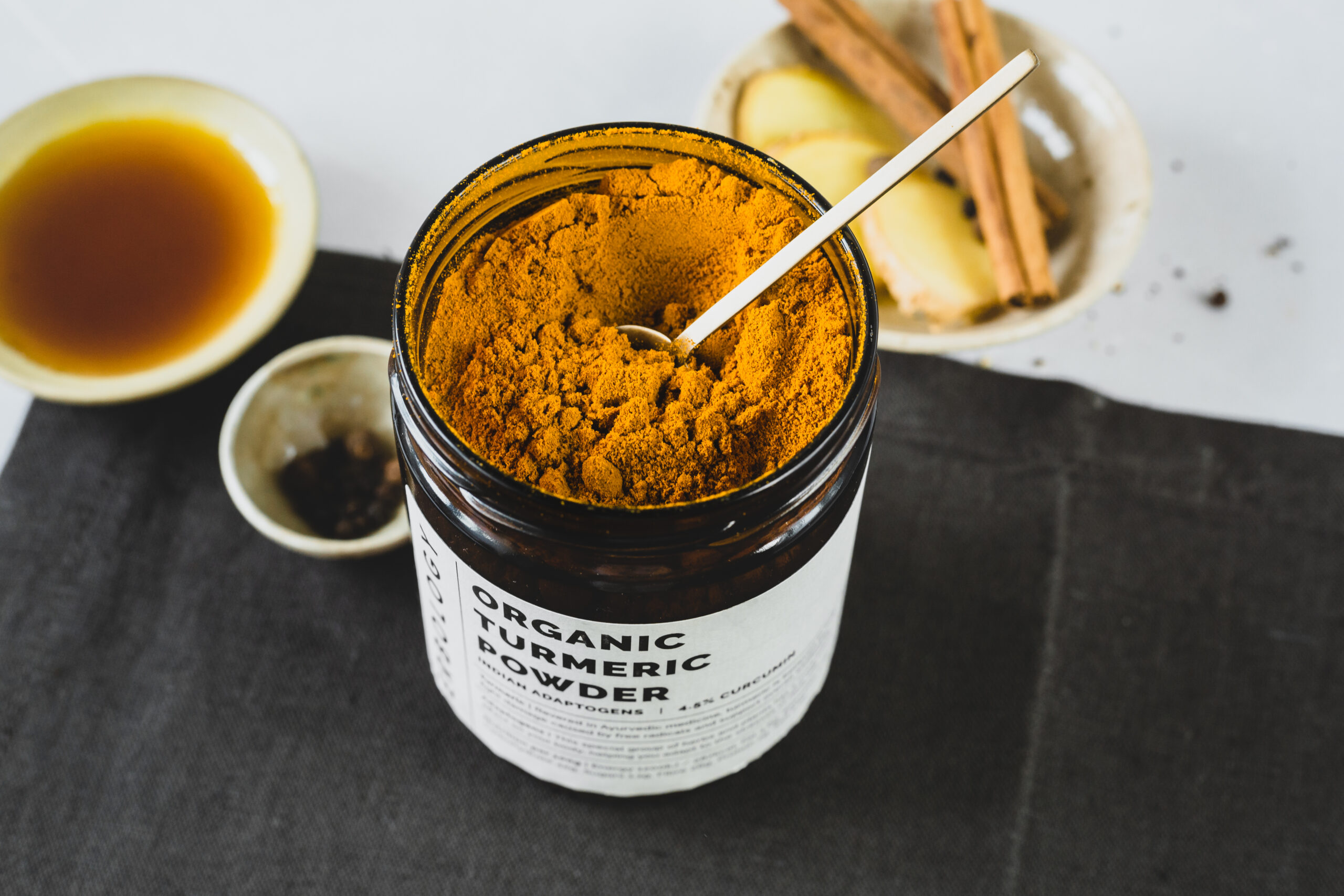
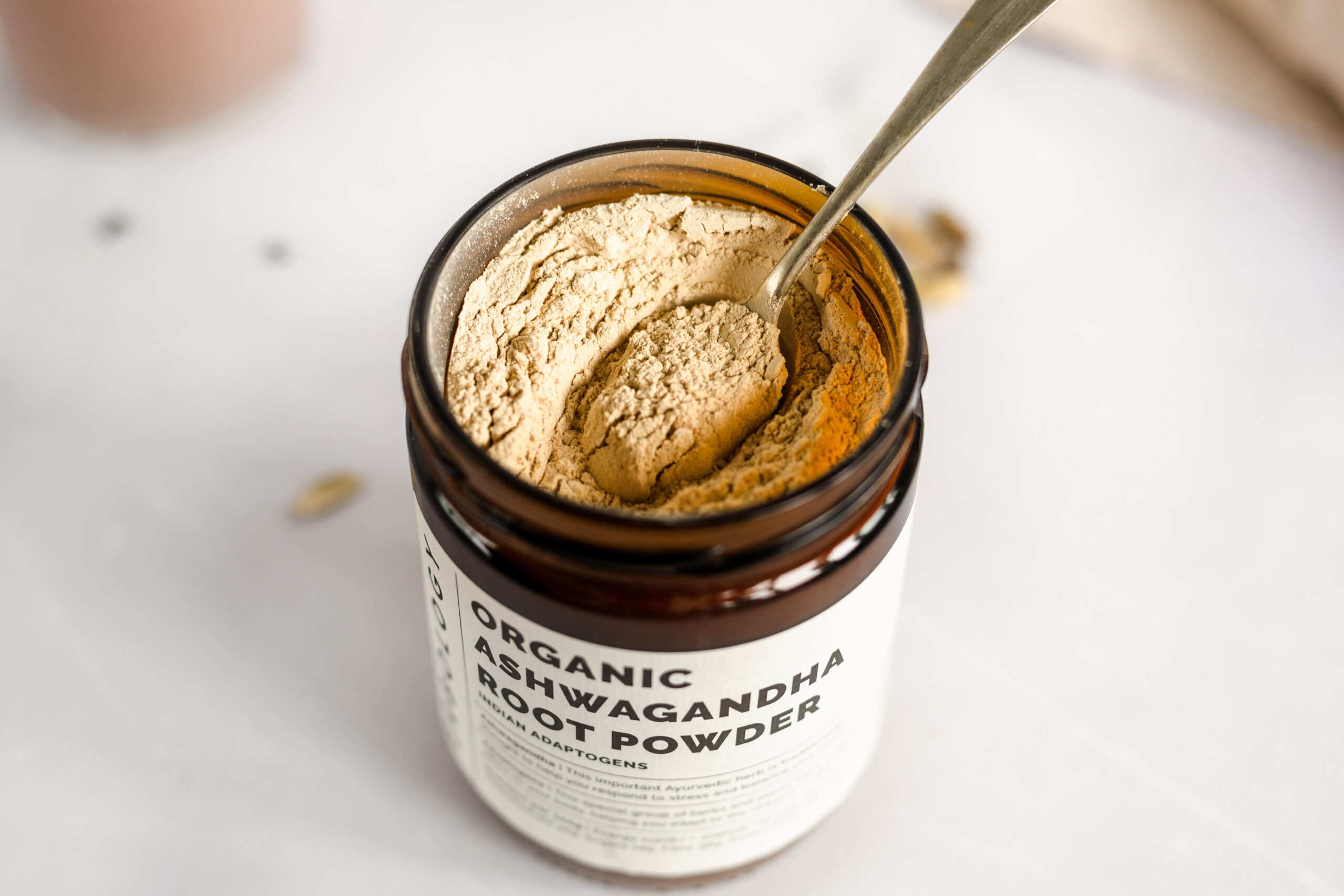
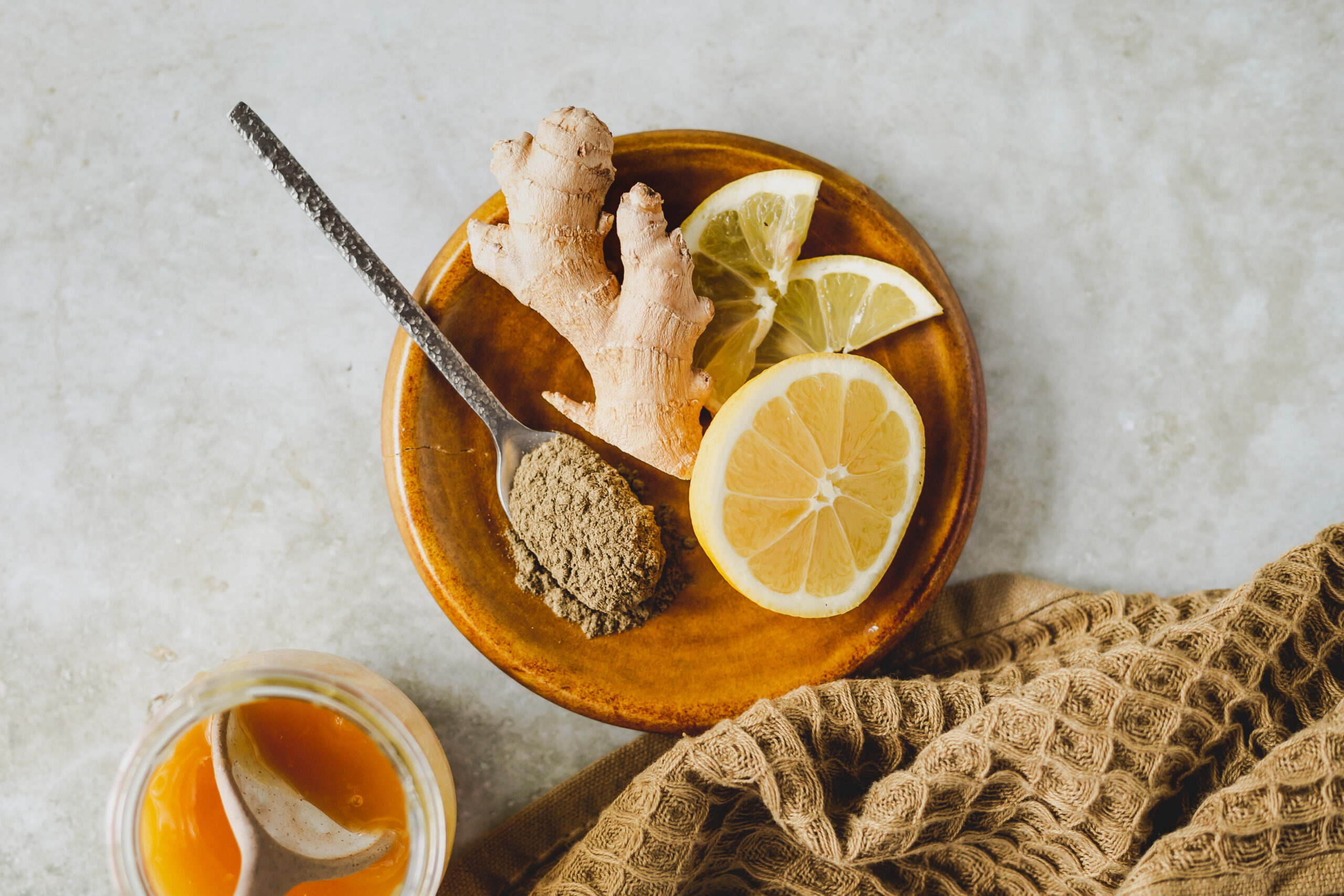
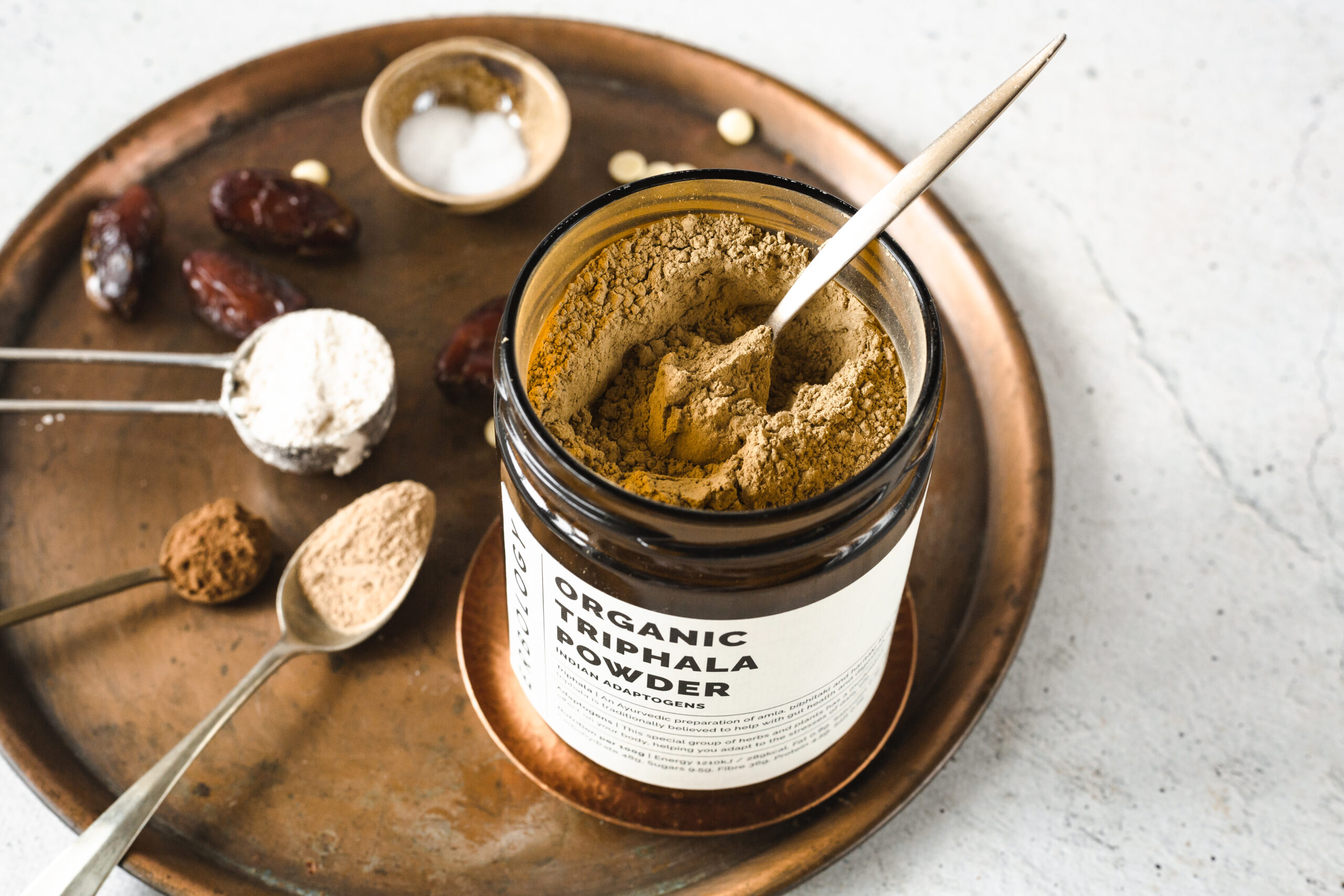
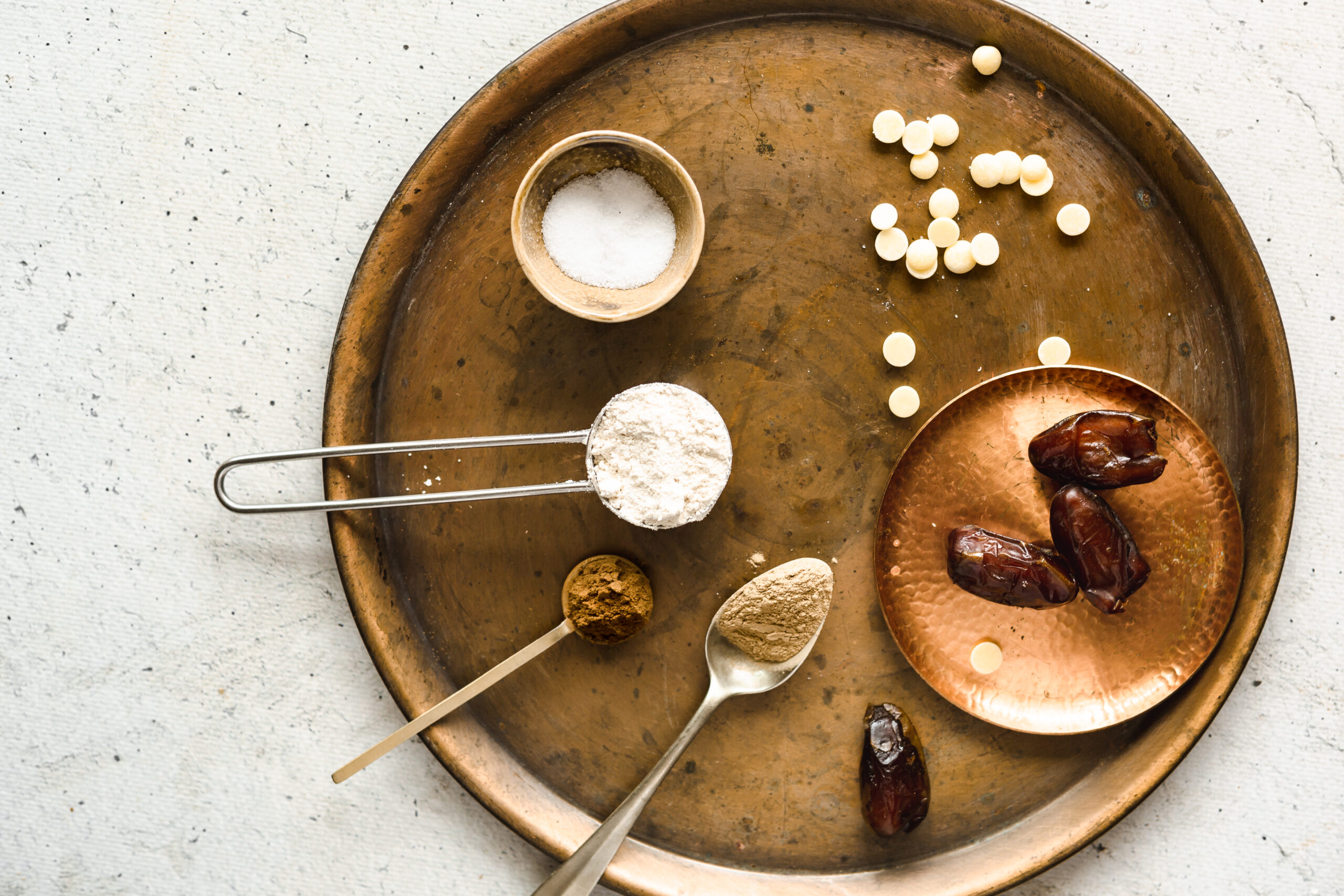

Comments (0)